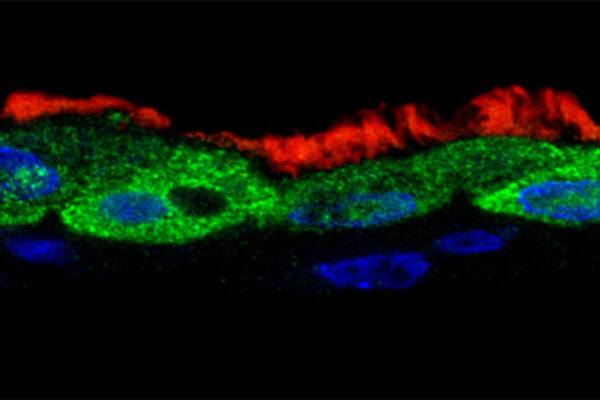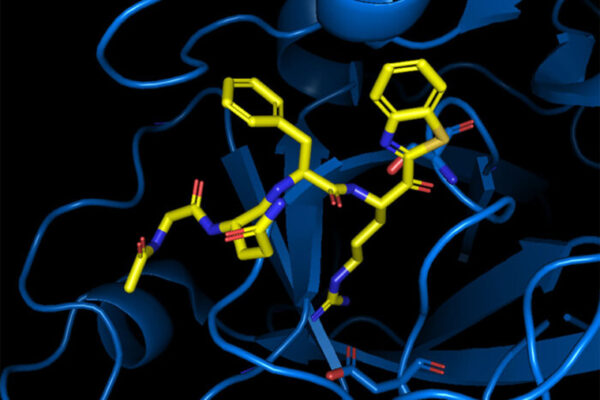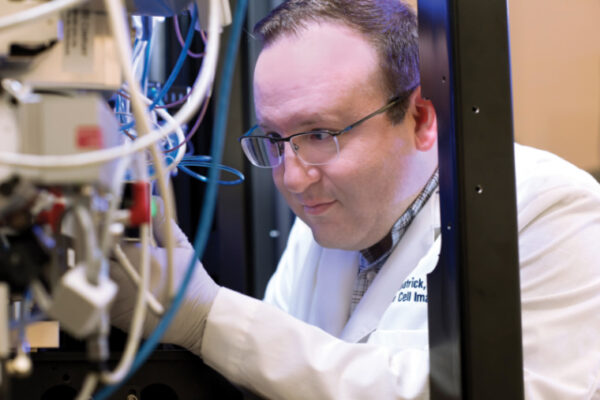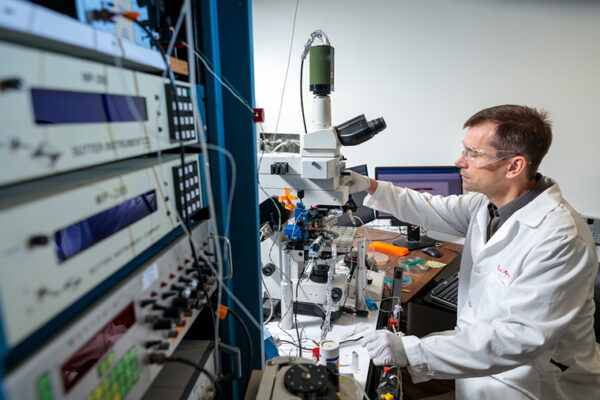Common respiratory virus manipulates immune genes to protect itself
Researchers at Washington University School of Medicine have figured out how respiratory syncytial virus (RSV) undermines the body’s defenses, a step toward understanding why the virus is capable of causing serious illness in vulnerable populations.
Women’s Society to host annual ‘Composing a Life’ event
The Women’s Society of Washington University invites undergraduate and graduate female students at the university to attend the virtual “Ida H. Early Composing a Life: Women Inspiring Women” event at 6 p.m. Tuesday, Oct. 19.
Antiviral compound blocks SARS-CoV-2 from entering cells
School of Medicine scientists have developed a compound that prevents SARS-CoV-2 and related coronaviruses from entering cells. The researchers are collaborating with the NIH to test the compound in animal models of COVID-19.
Women’s Society seeks student proposals for funding
The Women’s Society of Washington University funding committee invites undergraduate students to submit project funding requests.The deadline is Nov. 1.
Cruz receives NIH fellowship award
Matthew A. Cruz, a predoctoral scholar in biochemistry and molecular biophysics and in the laboratory of Gregory Bowman at the School of Medicine, received a three-year $95,910 fellowship award from the National Institute of Allergy and Infectious Diseases of the National Institutes of Health (NIH).
Fitzpatrick receives grant for cutting-edge optical microscope
The National Institute of Mental Health has awarded James Fitzpatrick a $600,000 grant to purchase a cutting-edge optical microscope for the Washington University Center for Cellular Imaging, expanding super-resolution imaging to a broader range of wavelengths.
Alston receives NIH fellow transition award
Jhullian Jamille Alston, a predoctoral trainee in biochemistry and molecular biophysics and in the laboratories of Alex Holehouse and Andrea Soranno at the School of Medicine, received a predoctoral-to-postdoctoral fellow transition award from the National Cancer Institute of the National Institutes of Health (NIH).
$12.2 million to fund new Conte Center to study neurosteroids
The National Institute of Mental Health has awarded Washington University School of Medicine a $12.2 million grant to create a center aimed at advancing research into neurosteroids as treatments for depression and other psychiatric disorders.
Flu shots required for university employees
The seasonal flu vaccine is required for all Washington University employees, including faculty, staff and trainees, on the Danforth and Medical campuses by Nov. 19.
Creed honored for research involving mood, chronic pain, substance use
Meaghan Creed, assistant professor of anesthesiology at Washington University School of Medicine, received the 2021 Freedman Prize from the Brain & Behavior Research Foundation. The prize recognizes exceptional basic research in mental illness.
View More Stories




